Tomorrow is the International Day of Persons with Disabilities. (Obviously, some of us – particularly the blind, Deaf & autistic – prefer identity-first language but most disabled people prefer person-first language.) The Church celebrates it on the closest Sunday (i.e. in three days). This year, I was most impressed by the Australian bishops’ words so I’ll focus on them. But, I’ll mention what the Pope said first.
Pope Francis to Those With Disabilities

Catholic News Agency reported:
“As we celebrate your International Day, I would like to speak directly to all of you who live with any condition of disability, to tell you that the Church loves you and needs each of you for the fulfillment of her mission at the service of the Gospel,” the pope said on Nov. 25. […]
“Sometimes, as certain of you have unfortunately experienced, this has taken the form of denying access to the sacraments,” he said in his message.
“The Church’s magisterium is very clear in this area, and recently the Directory for Catechesis stated explicitly that ‘no one can deny the sacraments to persons with disabilities.’”
The Australian Bishops to Those With Disabilities
From the Australian Bishops’ document, the first give a bit of background and inspiration:
On 5 December 2021 we celebrate the Second Sunday of Advent. In the Gospel of Luke that day, we are reminded to “Prepare the way of the Lord, make straight his paths.” (Lk 3:4).
In his 2020 Encyclical Letter Fratelli Tutti on fraternity and social friendship, Pope Francis calls us to ensure the “active participation (of people with disabilities) in the civil and ecclesial community”. Doing so “will gradually contribute to the formation of consciences capable of acknowledging each individual as a unique and unrepeatable person”, he wrote (FT, 98).
Then they move to more practical elements:
Catholic social teaching and the theology of disability offer a richer and more human basis for care of people with disabilities. These identify:
* the problem of disability is not so much the impairment but the ignorance, intolerance, injustice and exclusion that misses the dignity and humanity of the person;
* that people with a disability are not just the object of care but the agents of their own life, and need to be heard;
* that it is necessary to recognise the vast diversity of the experiences of disability;
* that equity and inclusion require that people with disability have an equal opportunity to be recognised, accepted and make their own contribution to the common good.
I encourage parish communities to continue to promote a welcoming attitude among their people to the person with disabilities. This is more than attending to issues of physical accessibility. Each person in the community needs to be accepted as a brother and sister.
You can read the whole document. Vatican News also summarized it in their report.
Analysis of the Document on Disability
I want to emphasize several of the points in that quoted document makes. I notice they are not always present even in good disability ministry.
- The document talks about “active participation,” being “agents of their own life,” and “mak[ing] their own contribution to the common good.” This would indicate that the disabled are not just called to be served but to go deeper and actually serve the community as well. This fulfills a deeper good than just serving them.
- It also puts “ignorance, intolerance, injustice and exclusion” as the main issue. It lists the antidote as understanding “the dignity and humanity of the person.”
- It speaks about the diversity of experience. Even among autistics, I don’t want to generalize my experience too much. I went and got a few dozen testimonies of autistic prayer for my book. The issues I have vs a person in a wheelchair are likely very different, so it’s even harder.
- Finally, the whole issue of an “Us,” not a “Them.” We are all together as brothers and sisters in the same family of the Church, not different groups.
Hopefully, documents like this lead to better inclusion. We have three stages: awareness, acceptance, and inclusion. Let’s move along them to deeper stages.

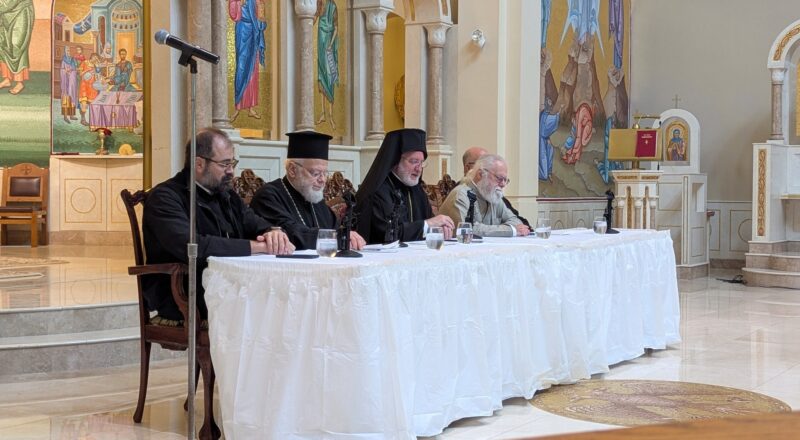
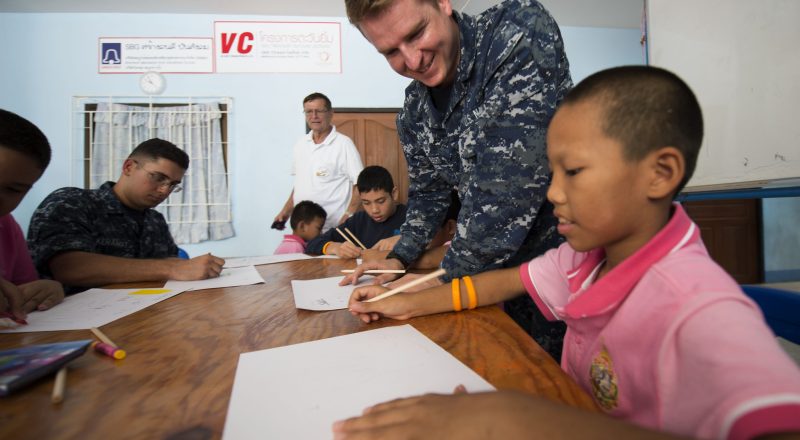
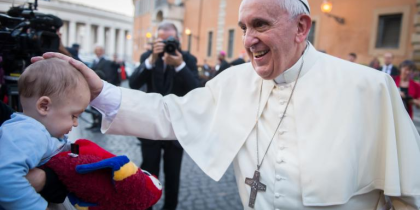
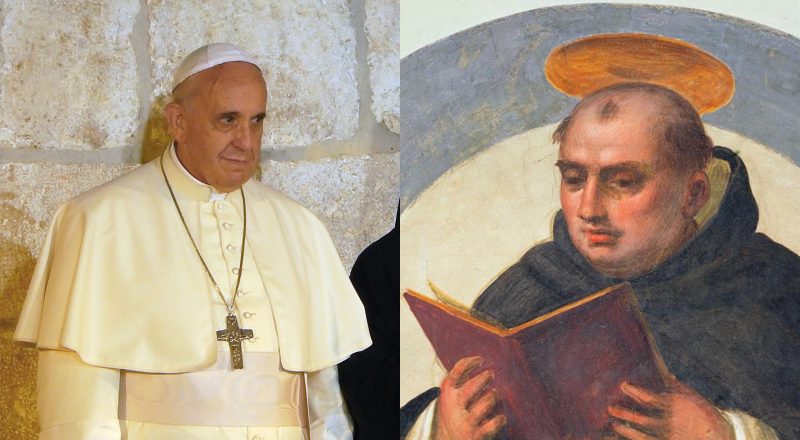


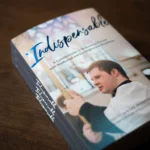

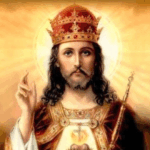
[…] some good words about those with disabilities for International Day of Persons with Disabilities. I wrote about this on FrMatthewLC.com so I’ll quote a bit of that […]
[…] Read more… […]